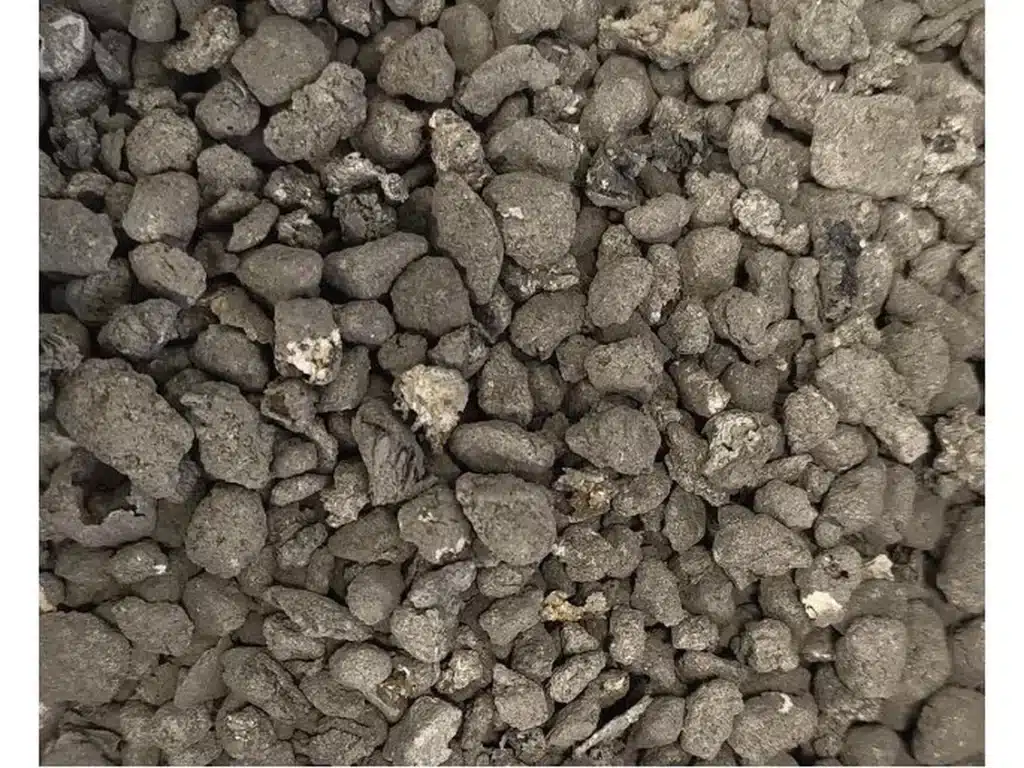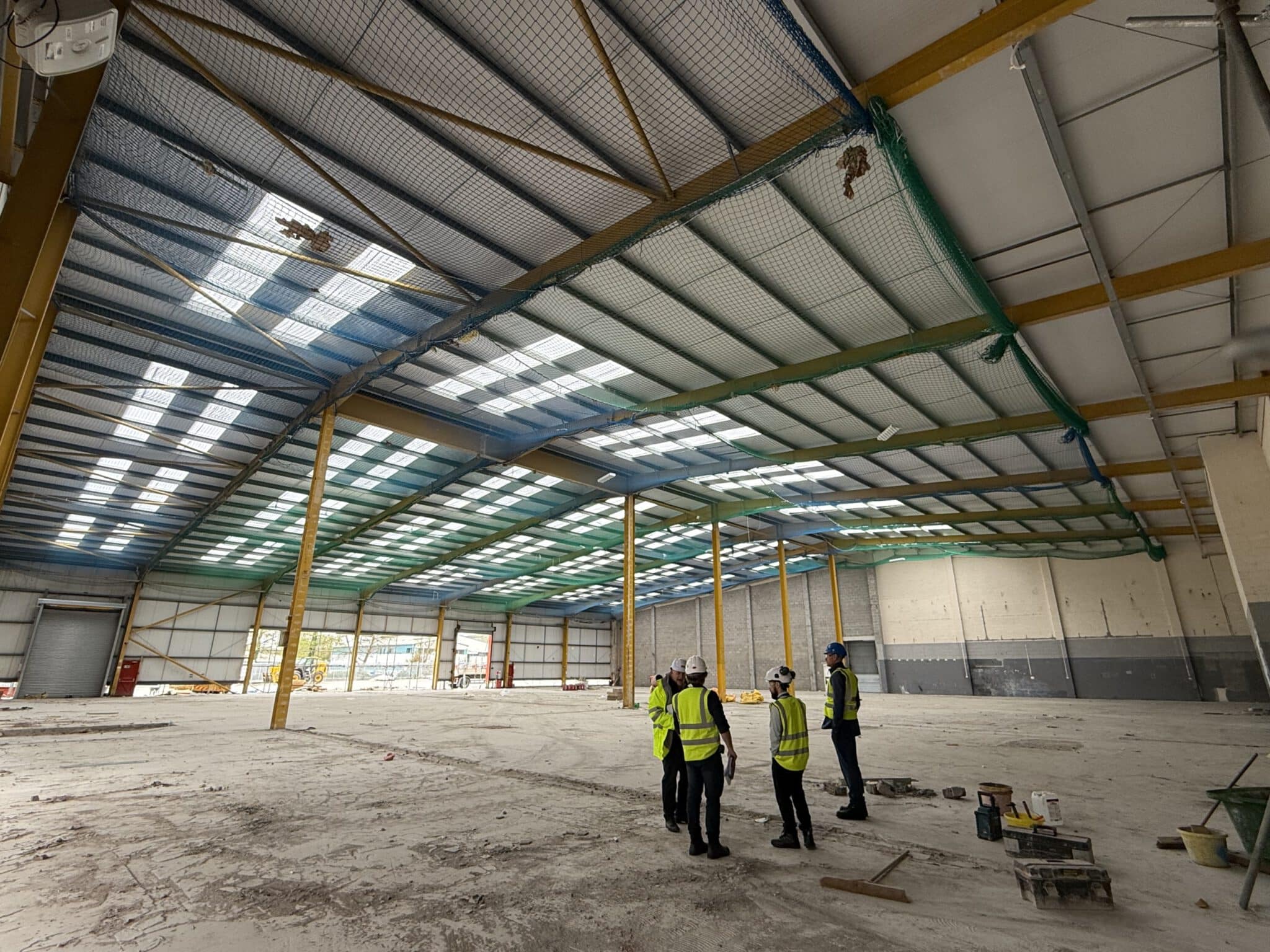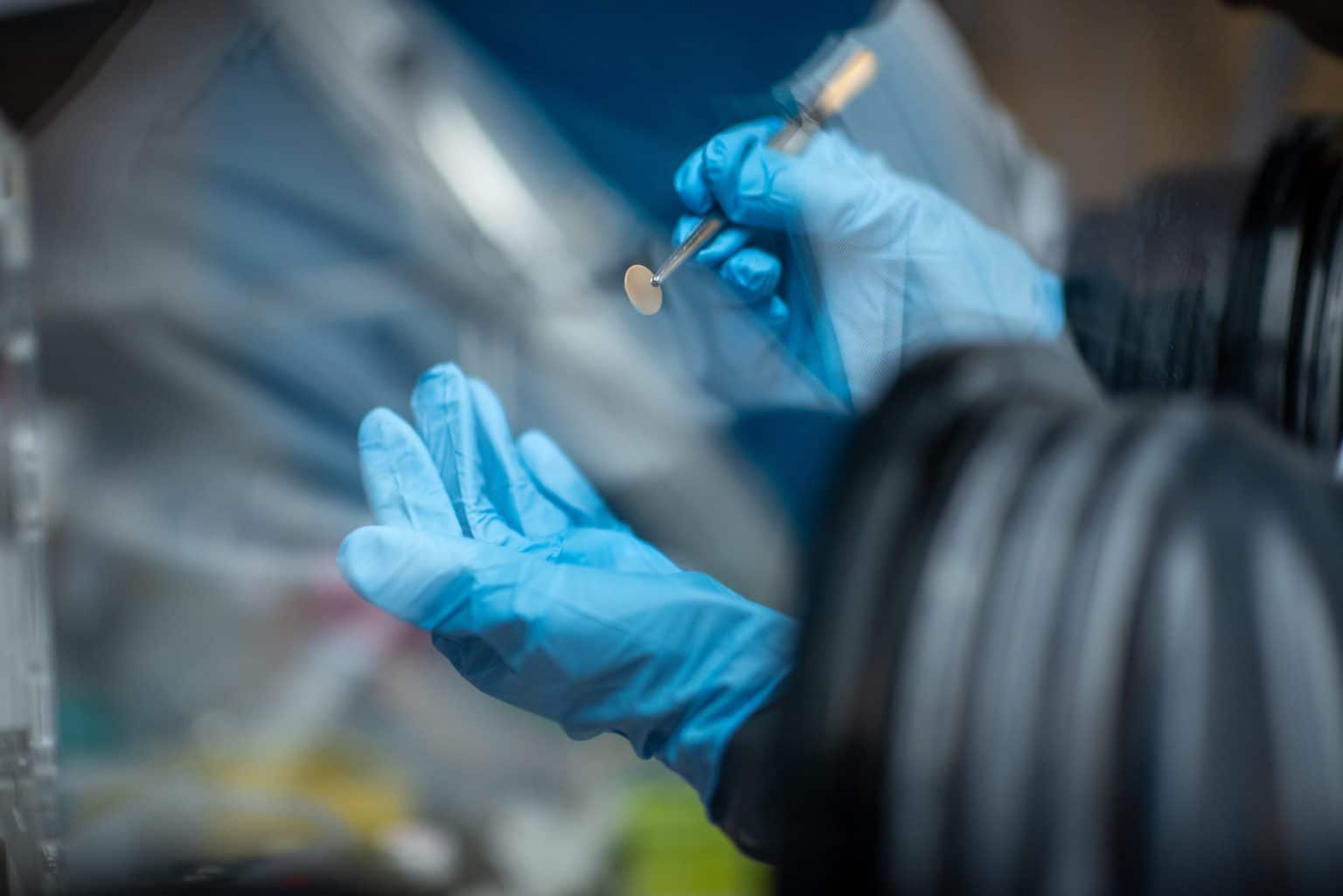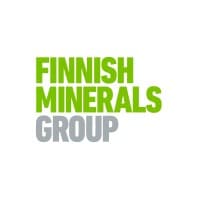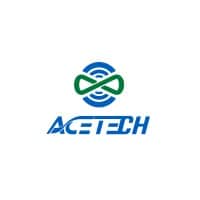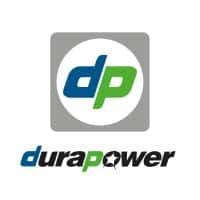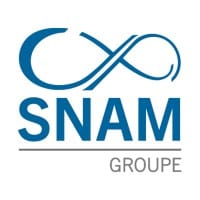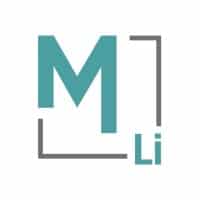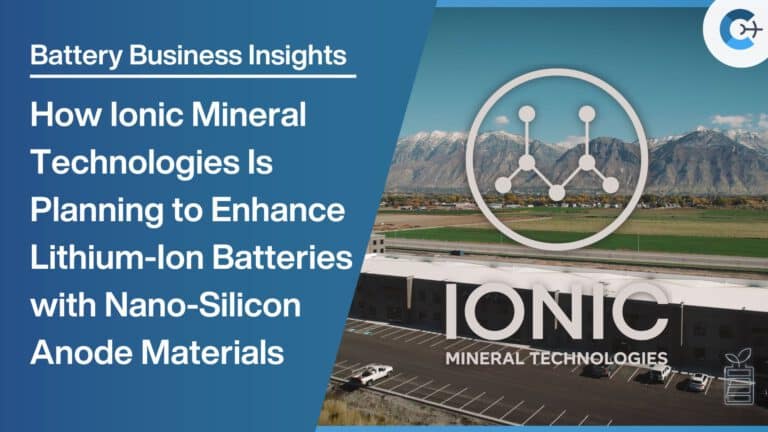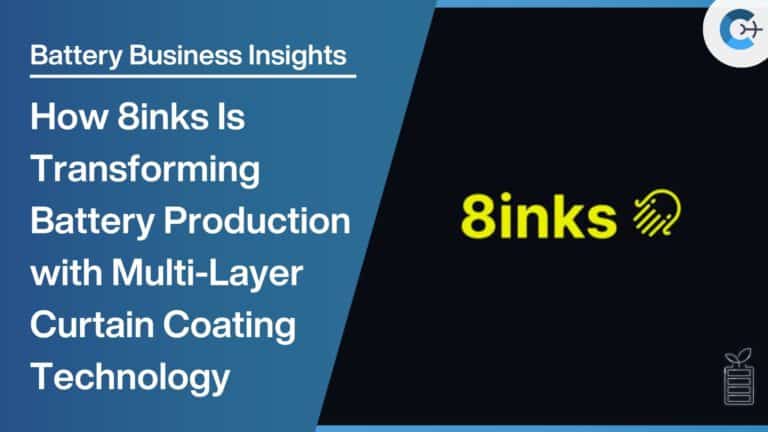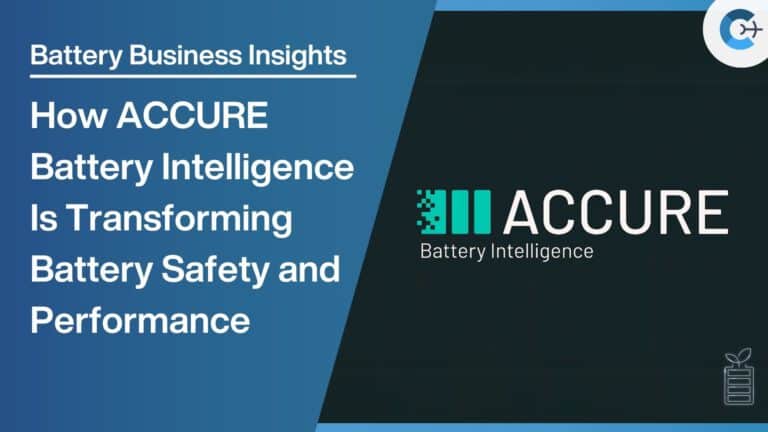Novacium, a France-based affiliate of HPQ Silicon Inc., has filed a provisional patent application for an innovative process that transforms Black Aluminum Dross (BAD)—a toxic waste byproduct of aluminum recycling—into valuable resources. This Waste-to-Energy (W2E) technology has the potential to make aluminum recycling a fully circular process by converting waste into green hydrogen and beneficial solid by-products, enhancing sustainability and resource efficiency in the industry.
The new process utilizes BAD as a feedstock to produce green hydrogen and generates heat, while neutralizing waste and creating valuable solid by-products. Key advantages include on-site treatment, which eliminates the additional costs associated with outsourcing or landfilling waste. Lab-scale pilot tests have validated the potential of this proprietary technology, drawing interest from leading European aluminum recyclers who have signed Non-Disclosure Agreements to explore the technology further.
Aluminum is widely valued for its properties and infinite recyclability, making it essential in industries like construction, transportation, and packaging. However, the secondary aluminum manufacturing process, which involves remelting scrap aluminum, generates significant waste in the form of BAD. This byproduct contains lower aluminum content and various contaminants, posing serious environmental and safety challenges due to hazardous gas emissions and potential water pollution. Disposing of BAD is costly and problematic, with an estimated 4–5 million tons generated globally each year, 95% of which is treated as hazardous waste.
Novacium’s solution introduces a new, inexpensive additive that significantly increases hydrogen yield without requiring a highly corrosive environment, thereby accelerating reaction kinetics. This advancement is the result of a collaborative PhD project initiated a year ago with the Laboratory of Automation, Process, and Pharmaceutical Engineering (LAGEPP), under the supervision of the University of Lyon 1 and the French National Center for Scientific Research (CNRS). The project has progressed rapidly, yielding promising results that have captured the attention of industry stakeholders facing significant economic and environmental challenges.
“A year ago, Novacium initiated a collaborative PhD project with the Laboratory of Automation, Process and Pharmaceutical Engineering (LAGEPP), under the supervision of the University of Lyon 1 and the French National Center for Scientific Research (CNRS), to investigate the use of alternative additives to boost hydrogen yield from black aluminum dross recycling,” said Dr. Jed Kraiem, Chief Operating Officer of Novacium. “The project has progressed rapidly, yielding highly encouraging results. These promising findings have captured the attention of several aluminum industry players, from recycler to equipment suppliers, as this waste presents a significant economic and environmental challenge for the aluminum industry.”
The next steps involve scaling up the process from laboratory to commercial scale, with potential cost reductions estimated between CAD 900 to CAD 1,500 per tonne of BAD processed. This technology not only promises to revolutionize waste management in the aluminum recycling industry but also offers aluminum recyclers two new potential sources of clean energy, reducing energy costs and carbon footprints.
HPQ Silicon Inc., a shareholder in Novacium, holds an exclusive North American license for this proprietary W2E technology. With increasing pressure on recyclers worldwide to manage industrial waste responsibly, solutions like Novacium’s deliver significant economic benefits and pave the way toward a cleaner, greener future.
Source: Novacium

